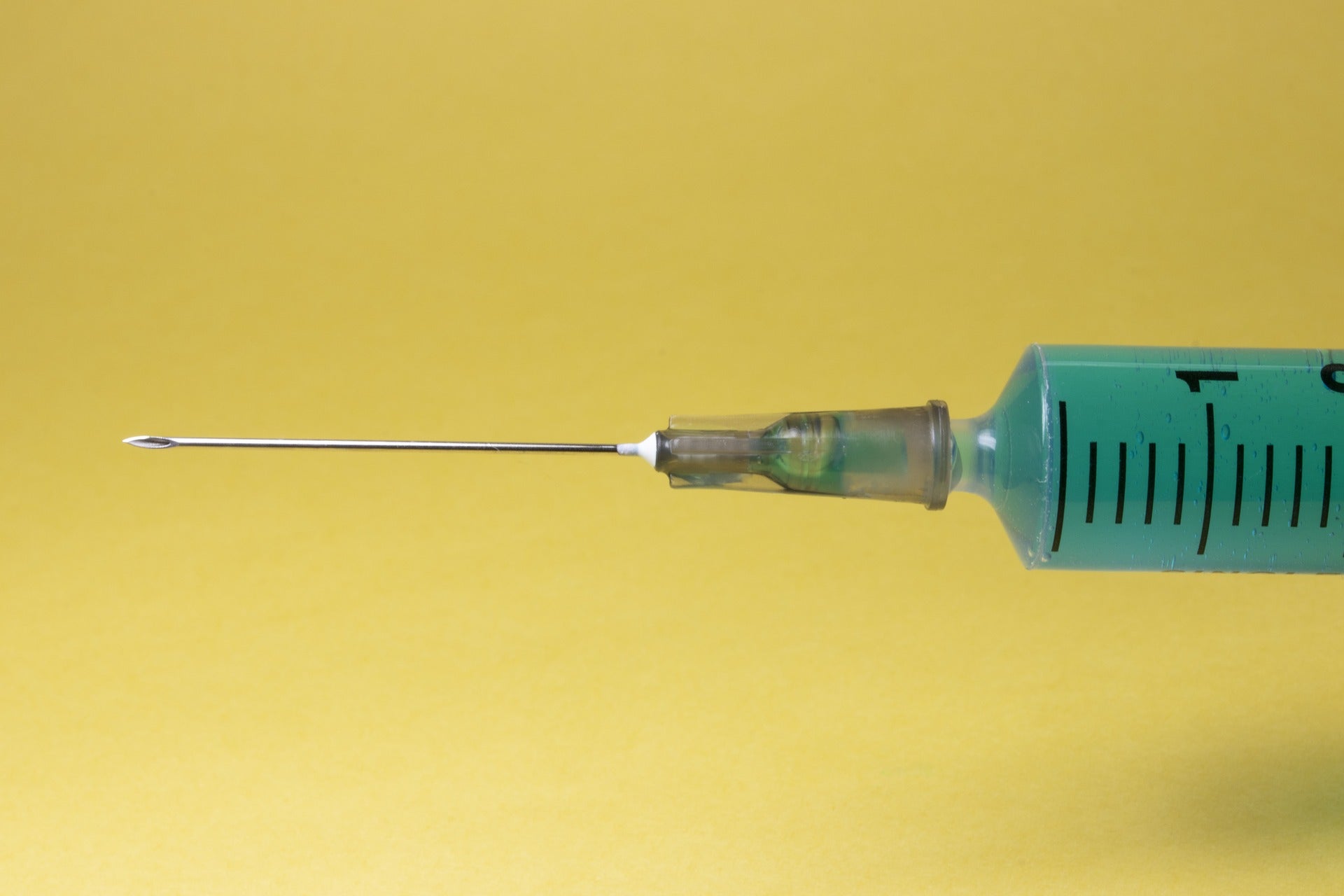
Immune-Onc Therapeutics has dosed the first subject in the Phase I clinical trial of IO-108 to treat solid tumours.
A new antagonist antibody, IO-108 acts on the myeloid checkpoint Leukocyte Immunoglobulin-Like Receptor B2 (LILRB2 / ILT4).

Discover B2B Marketing That Performs
Combine business intelligence and editorial excellence to reach engaged professionals across 36 leading media platforms.
The multicentre, dose-escalation Phase I trial will analyse the tolerability, safety, pharmacokinetics, and pharmacodynamics of IO-108 as a single agent and along with pembrolizumab.
Pembrolizumab is an anti-programmed cell death protein 1 (PD-1) antibody.
The trial will also analyse biomarkers to facilitate a mechanistic interpretation of clinical data and inform upcoming trials.
It might also aid in detecting initial efficacy signals, the company noted.

US Tariffs are shifting - will you react or anticipate?
Don’t let policy changes catch you off guard. Stay proactive with real-time data and expert analysis.
By GlobalDataImmune-Onc plans to evaluate the efficacy, safety and tolerability of IO-108 alone and with pembrolizumab in indication-specific expansion groups on determining the recommended dose for the Phase II trial.
The company anticipates reporting top-line trial results next year.
Immune-Onc chief medical officer Paul Woodard said: “The first patient dosed in our Phase I clinical trial for IO-108 represents a critical milestone in advancing the development and understanding of Immune-Onc’s novel myeloid checkpoint inhibitors targeting the LILRB family of immune inhibitory receptors.
“We believe our scientific platform holds vast promise and today’s news reflects our commitment to rapidly advancing programs in our portfolio that have the potential to improve outcomes for cancer patients.”
On treating several primary human immune cell systems having myeloid cells with IO-108 in preclinical studies, improved proinflammatory responses to various stimuli pertinent to anti-tumour immunity were observed.
Immune-Onc noted that IO-108 monotherapy could reverse the anti-inflammatory myeloid cell phenotype caused by ‘tumour conditioning’.
IO-108 also boosts monocyte differentiation into pro-inflammatory dendritic cells.
The clinical-stage cancer immunotherapy firm focuses on discovering and developing new myeloid checkpoint inhibitors for the treatment of cancer.





